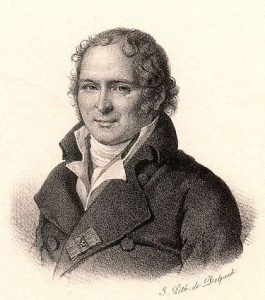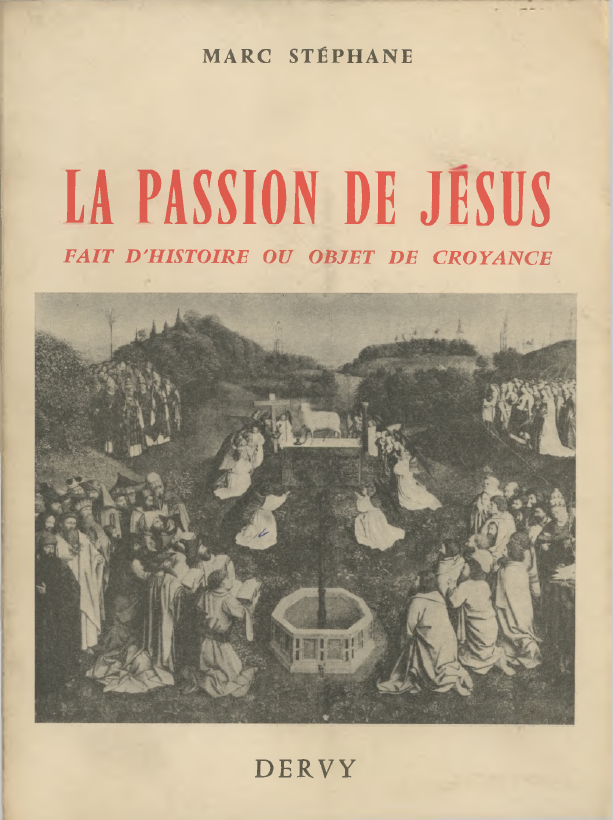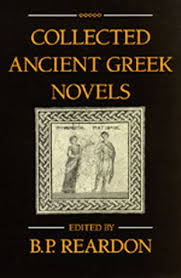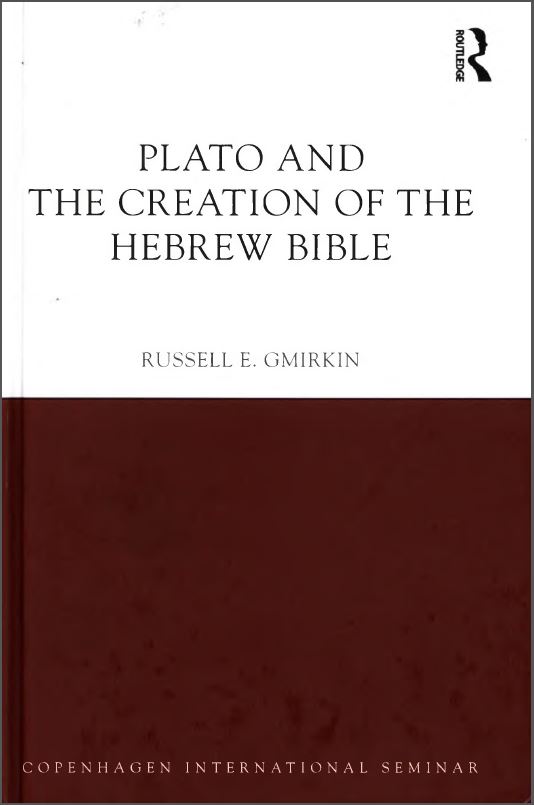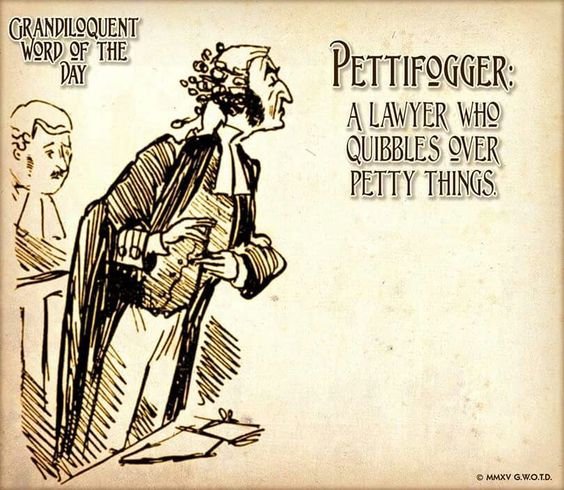Tim O’Neill has given up much of his time to write a detailed post (over 8,700 words) as a guide for non-historians to find their way through the mass of nonsense on the web about Jesus never having existed.
Tim is responding to posts by biologist PZ Myers who is asking questions of a “professional historian” (with a degree from Cambridge, Tim stresses), Eddie Marcus. In this post I address his references to historical methods and to the question of the power (or not) of Christian bias. (Maybe another day when I am at a loose end and looking for another idle time-filler I’ll address the second part of Tim’s post.)
Do ancient historians rely upon late sources?
Early in his post Tim laments the way some listeners of Eddie Marcus’s discussion seemed to pre-judge what he was saying and miss his point. (As with my previous post I will try to replace the original unhelpful language with more neutral or constructive phrasing — italics and square brackets.)
One [commenter], “weylguy”, [wrote] “I stopped watching the video around the 3:00 mark, when the ‘historian’ claimed that the New Testament is “wonderful evidence.’” If “weylguy” had [listened] a few seconds more, he would have heard Marcus explain that the gospels are great evidence for what the communities of believers they were written for believed about Jesus, not [that] they were necessarily evidence about the historical figure of Jesus.
I think Tim is being overly generous to Eddie here and that weylguy’s comment was not so far removed from Eddie’s meaning.
Eddie Marcus is stating over and over how he would love to have such evidence for the subjects he studies and he is not talking about the study of an obscure community of Christians around 100 CE. He is obviously talking about the evidence we have for the study of Jesus Christ as a historical person. He explains that the beliefs of that late community are “best explained” by the “fact” of the historicity of Jesus and clearly wants listeners to believe that those gospels are indeed therefore “very good” evidence, even “enviable evidence”, for Jesus’ existence. (Mythicists themselves say the gospels are “good evidence” for what the later communities believed. But we find here another assumption creeping in and determining the argument’s conclusion: the Jesus and other characters in the earliest gospel, the Gospel of Mark, are so “unrealistic” and evidently very often theological ciphers that we cannot presume their original readers understood them as historical anyway.)
Listen to the video around that 3 minute mark to check this out for yourself.
Further, I know of no study of ancient history that does not stress the absolute importance of contemporary sources (not ones a generation or more later). Yes, many of our surviving historical documents are from much later times but the sources the historians rely upon are those in which they can find a reliance upon sources, usually identified and testable in some way, that do go back to the times being narrated. See, for example, Comparing Sources for Alexander and Jesus; also The evidence of ancient historians.
Little informed discussion of how historical method works
Tim continues: Continue reading “A constructive exchange with Tim O’Neill on the question of the historicity of Jesus”

